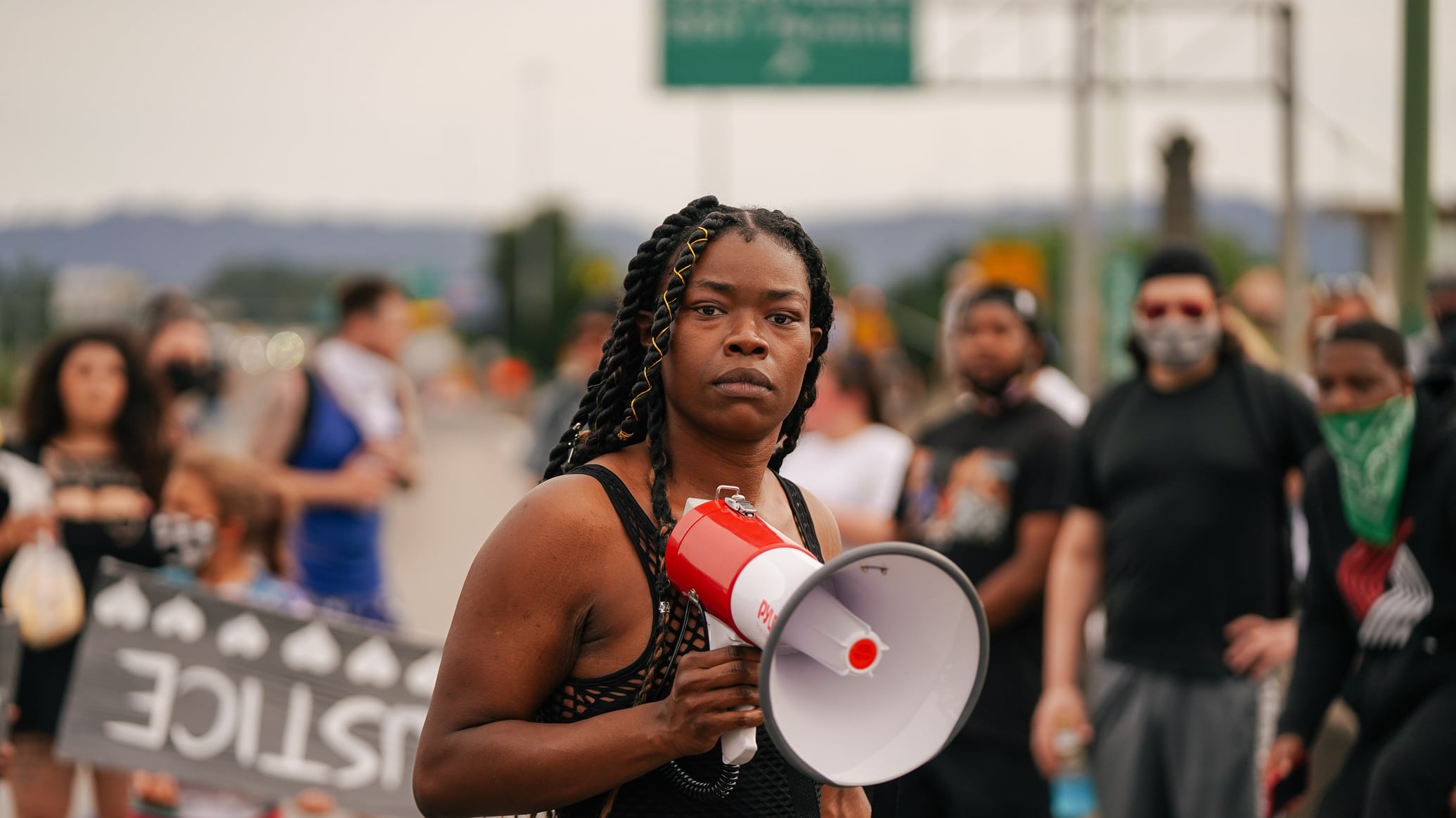The uprising in the streets of Portland this summer has served as an urgent reminder: Oregon has a history of throwing up barriers for Black people that has created an unbroken cycle of oppression. Many of the state’s racist policies, whether they still stand or not, have had lasting effects.
Black citizens make up about 6% of Portland's population, but they continue to be overrepresented by many measures of human suffering, including illness, poverty and criminal prosecution. Life in Portland for Black and white people is overwhelmingly different. In the coming weeks, WW will explore these contrasting realities—the inequities that have molded the Black experience in this city and state. This week, we begin with housing.

The median income for a white household in Portland is $65,945, while the average Black family makes less than half that amount, $29,864 a year, according to a December 2019 report by the Portland Housing Bureau.
The result: There is no neighborhood in this city where the average Black family can afford to rent a two-bedroom apartment, according to the Housing Bureau. Meanwhile, the average white family can afford to rent such an apartment in more than half of Portland's neighborhoods.
Affordable housing in Portland is defined as housing that costs 30 percent or less of household income, not including utilities.
Not only do Black Portlanders have insufficient annual income to afford a two-bedroom unit, the average Black family can't afford to rent in almost every neighborhood. The only neighborhood where the median Black household can afford rent for a studio apartment is Raleigh Hills, deep in Southwest Portland.
Correction: This story incorrectly stated the demographics of Oregon. Black people make up nearly 6% percent of Portland's population, not Oregon's.
This reporting has been funded in part by a grant from the Jackson Foundation. See more Black and White in Oregon stories here.
